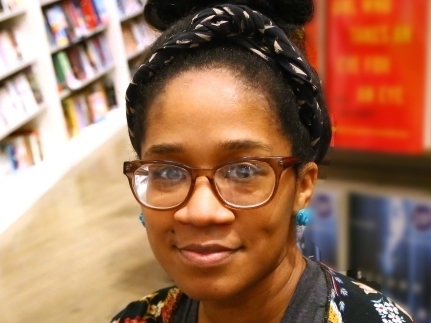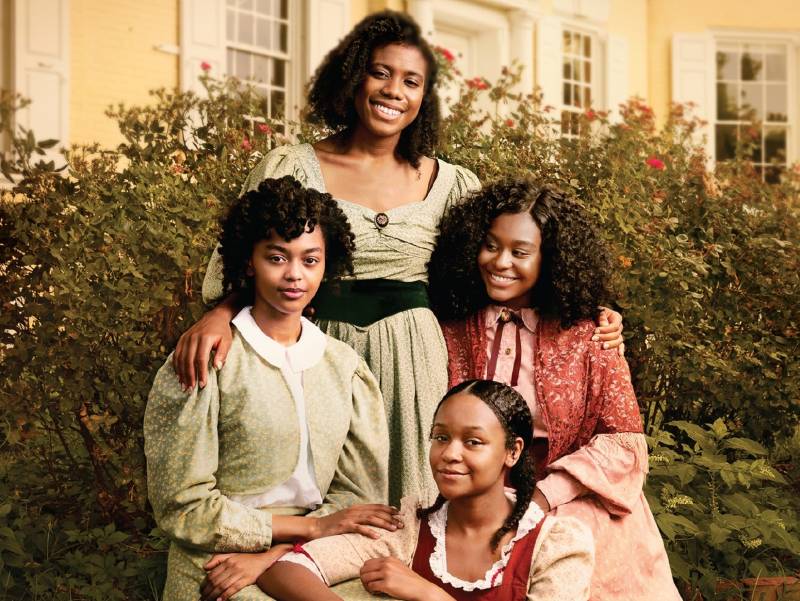There was no explanation for its demise, except that the Union Army decided to “evacuate” it, which is how you come to realize that you are not considered free. You are not considered a person. This is not considered your home. You were not considered to have a right to a home because the Union can just evacuate it. It can just pull the plug on your very existence. And that’s what happened with Corinth—it was inexplicably evacuated when the Union encampment moved on.
It goes against the mythology of the North as Savior. Your book has a different depiction. You portray Union soldiers resenting being assigned to what they might call “n***** duty.” Coercion of the freedmen and women for labor at little or no cost. Condescension from missionaries who came to teach the freed people. At one point Jo says to a missionary, “God forbid, you should do something for everybody here, but not talk to any of us!” Her outburst is seen as very impertinent: How dare she question their intentions? Freedpeople had opinions about the white people who were ostensibly helping them, but we hardly ever see this perspective reflected in history textbooks, even modern ones. Why?
Why do you think? Why would it be missing? How does it fit with our mythology? It doesn’t! Truth does not work with our mythology. As a Black child, you would think that we didn’t exist until enslavement. And after enslavement, we didn’t exist again until the civil rights movement.
You also have an unsparing view of abolition. Talk about that a bit.
I really, desperately, wanted to break the mythology around the word and the title “abolitionist.” Because we have just flattened these words to be synonymous with, again, these archetypes that are not usually accurate. Abolitionists, even so-called Christian abolitionists, were concerned with divesting from the repugnant sea of enslavement. Not with the equality and liberation of Black Americans. Expressly not.
That’s where you start getting things like the American Colonization Society, colonizing and establishing Liberia because they thought, “OK, let’s stop enslavement because it’s a moral stain on white Americans. But once we do that, we have to get rid of these Black people.”
One of the most interesting parts of the book for me was how the March family treated the youngest daughter, Amy. Everyone had assigned work to do to keep the household running, but not Amy. Mammy refused to have her do chores; she said, “Let her be a child.” Amy’s so young that she has no knowledge of what it means to be in bondage. And the family wants to keep it that way.
I don’t place the burden of eradicating white supremacy on the victims of white supremacy. But what I do say is the way that we choose to raise our children, the way that we choose to love our children, is our choice. That is important, and I refuse—I refuse—to be the first person to break my child’s heart.
Your book is being marketed as children’s or young people’s literature, but you tackled a number of difficult subjects—what it means to be owned. The blithe carelessness of some white people, even well-intentioned ones, toward the people they owned. Why do you think young people need to be reading about these things?
I’m not sure at what age we should start telling the truth. But I would propose that it’s immediately.
You’ve made a book that’s steeped in history—some of it traumatic—that still resonates right now. Did you do that on purpose?


9(MDAxOTAwOTE4MDEyMTkxMDAzNjczZDljZA004))

